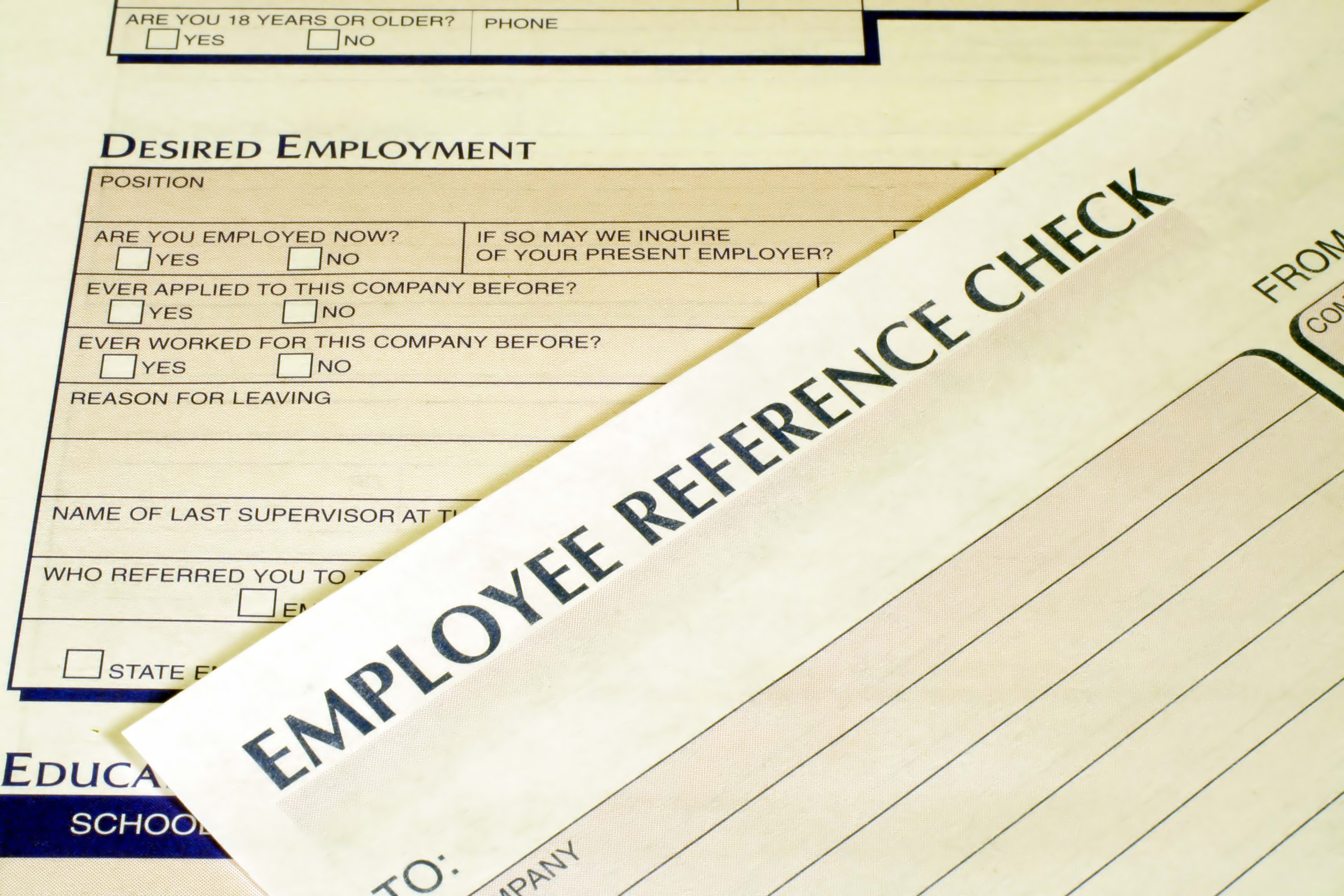
In the wake of #MeToo, California has enacted a new statute aimed to protect victims, witnesses, and former employers from claims of defamation for making complaints or communicating information about alleged sexual harassers to others. On July 9, 2018, Governor Brown signed into law Assembly Bill 2770. The bill amends Civil Code section 47, which makes certain communications “privileged,” meaning those communications cannot be the basis of a defamation claim.
The amendments in AB 2770 protect three new categories of communications:
- Complaints: Sexual harassment complaints by an employee to an employer based on credible evidence and made without malice.
- Investigations: Communications between an employer and interested persons (e.g., witnesses) regarding a sexual harassment complaint.
- Reference Checks: Responses by an employer to a reference check as to whether the employer would rehire an employee and, if not, whether that decision is based on the employer’s determination that the former employee engaged in sexual harassment.
The bill, which passed with unanimous bipartisan support, was co-sponsored by the California Chamber of Commerce (“Chamber”). In the Senate Floor Analysis, the Chamber urged that defamation “lawsuits put employers in an impossible position as they have an affirmative duty to take reasonable steps to prevent and promptly correct harassment. . .[but] harassers have the audacity to sue their employers for defamation regarding statements made during this legally required investigation process.” The Chamber also noted that AB 2770 would allow employers of an alleged harasser to warn any potential employer about the individual’s conduct “without the threat of a defamation lawsuit.”
While AB 2770 provides some cover against defamation suits by harassers, the protection is not absolute. The privilege in Civil Code section 47 is conditional, meaning that harassers can get around the protection by alleging malice. The statute also does not address communications regarding other forms of harassment, such as harassment based on race, religion, national origin, age, etc.
Nor is it clear how much detail, if any, former employers should disclose in responding to a reference check. Although AB 2770 protects certain responses about a former employee and sexual harassment, employers are encouraged to proceed with caution and consult with legal counsel before disclosing information about a former employee. To avoid hiring an individual who has engaged in prior workplace harassment (and later facing a potential negligent hiring claim), employers conducting reference checks should consider asking whether the former employer would rehire the candidate and, if not, whether the decision not to rehire is based on a determination that the candidate engaged in sexual harassment.
If you have questions about AB 2770 or other sexual harassment claims or legislation, please contact an Orrick attorney.

